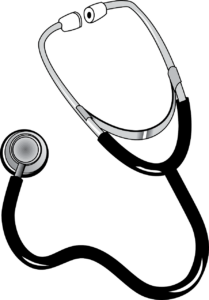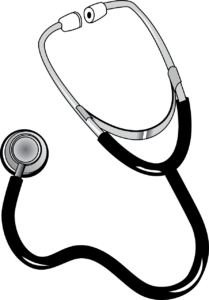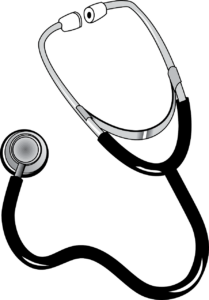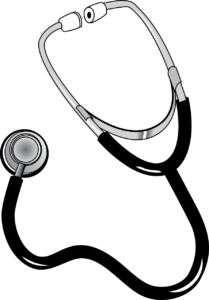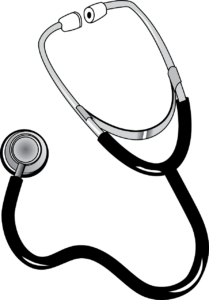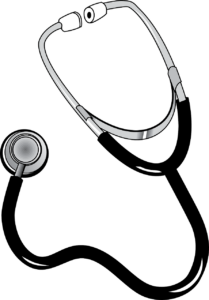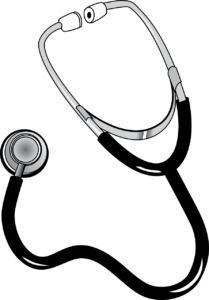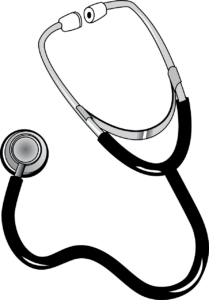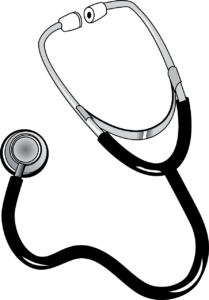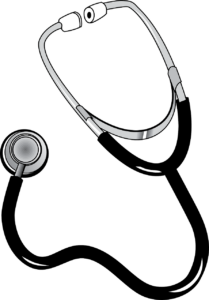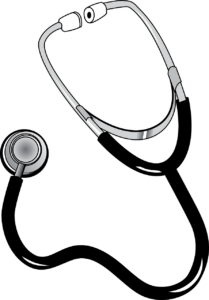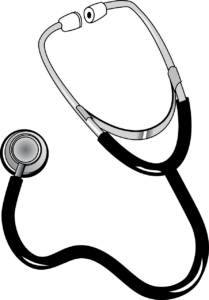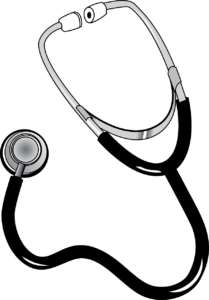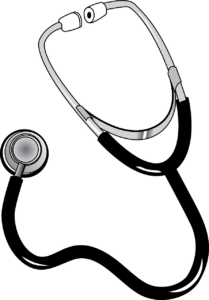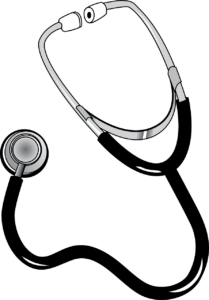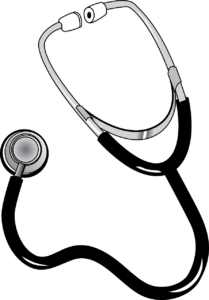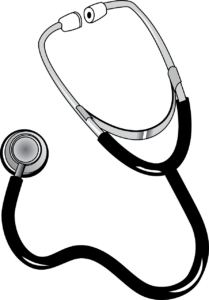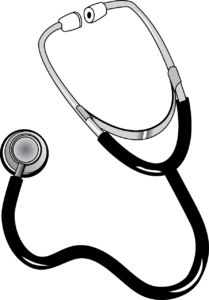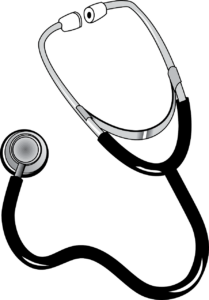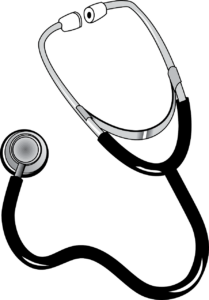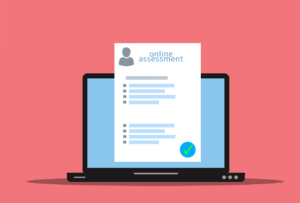Are you stressing about your upcoming nursing fundamental final exam? Do you feel overwhelmed and unsure of how to prepare? Don’t worry, you’re not alone! Many nursing students experience anxiety and uncertainty when it comes to final exams, especially when it comes to a subject as fundamental as nursing.
But with the right preparation and study strategies, you can increase your confidence and improve your chances of success.
In this article, we’ll explore some tips and tricks for preparing for your nursing fundamental final exam. From understanding the exam format and content to creating a study plan, we’ll cover everything you need to know to feel prepared and confident on exam day.
So, take a deep breath, relax, and let’s get started!
Key Takeaways
- Key concepts for nursing final exams include anatomy and physiology, pharmacology, patient care, and ethics.
- Important skills for nursing include understanding body systems and cellular processes, understanding drug interactions and medication administration techniques, active listening and empathy for patient communication, maintaining respect and genuine concern for patients for bedside manner, and applying ethical principles for decision-making.
- Tips for nursing final exam preparation include understanding exam format and content, practicing time management, creating a study plan and optimizing study environment, practicing with sample questions and simulating exam conditions, reviewing questions thoroughly and noting challenging areas, and developing test-taking strategies to increase confidence.
- Additional tips for success include collaborating with classmates and instructors to identify strengths and weaknesses, organizing group study sessions and practicing effective communication, prioritizing self-care and stress management, and seeking guidance and support when needed.
Understand the Exam Format and Content
You’re going to want to pay close attention to the exam format and content, so you can prepare yourself for success on the nursing fundamental final exam.
One important exam strategy is to understand the types of questions that will be asked. Will there be multiple-choice questions or essay questions? Knowing this information will help you study more effectively by focusing on the types of questions you will encounter on the exam.
Another important aspect to consider is time management. Knowing how much time you have to complete the exam and how many questions you need to answer will help you plan your study time and develop a strategy for tackling the exam.
It’s important to practice time management during your exam preparation by setting aside dedicated study time and practicing answering questions within a set time frame.
By understanding the exam format and content and developing strong time management skills, you’ll be better prepared to succeed on the nursing fundamental final exam.
Create a Study Plan
Ready to ace your upcoming nursing fundamental final exam? Let’s start by creating a study plan that will help you manage your time and optimize your study environment.
It’s essential to set aside enough time to cover all the material you need to know for the exam. Determine how many days or weeks you have until the exam and divide the material into manageable chunks to study each day. Consider your schedule and prioritize your study time. If you have a job or other commitments, make sure you schedule your study time around them.
Next, think about your study environment. Find a quiet space where you can focus and minimize distractions. It’s essential to have a comfortable chair and desk to maintain good posture while studying. You may also want to have access to study aids such as textbooks, notes, or flashcards. If you prefer to study with music or other background noise, make sure it’s not too loud or distracting.
By creating a study plan and optimizing your study environment, you’ll be well on your way to acing your nursing fundamental final exam.
Focus on Key Concepts
To effectively prepare for your nursing fundamental final exam, it’s important to focus on key concepts. These include anatomy and physiology, pharmacology, patient care, and ethics.
By understanding these core principles, you’ll be better equipped to tackle exam questions and apply your knowledge in real-world scenarios. Take the time to review and study each of these areas thoroughly to ensure your success on the final exam.
Anatomy and Physiology
As you delve into the subject of Anatomy and Physiology, you’ll find that understanding the intricate functions of the human body is essential to becoming a skilled nurse.
Here are some key concepts you should focus on when studying this subject:
-
Learn the different body systems and their respective functions. This includes the nervous system, cardiovascular system, respiratory system, digestive system, and more.
-
Familiarize yourself with the different cellular processes that occur within the body. This includes mitosis, meiosis, cellular respiration, and protein synthesis.
-
Understand the relationship between anatomy and physiology. Knowing how the body is structured and how it functions is crucial in providing quality patient care.
-
Practice identifying and labeling different organs and structures within the body. This will help you better understand how they work together to maintain homeostasis.
By focusing on these key concepts, you’ll be better equipped to tackle questions related to Anatomy and Physiology on your nursing fundamental final exam. Don’t just memorize facts – strive to truly understand how the human body works and how you can use that knowledge to provide the best possible care for your patients.
Pharmacology
Get ready to learn about pharmacology and how it can help you become a more knowledgeable and competent nurse! Pharmacology is the study of drugs and their interactions with the body.
As a nurse, it’s important to have a solid understanding of pharmacology so that you can effectively administer medications and prevent adverse drug reactions. One important aspect of pharmacology is drug interactions.
Different drugs can interact with each other in different ways, which can sometimes lead to unwanted side effects. By understanding drug interactions, you can help prevent these side effects and ensure that your patients are receiving the best possible care.
Additionally, it’s important to understand proper medication administration techniques to ensure that your patients are receiving the correct dosage and medication at the appropriate time. By mastering pharmacology, you can become a more confident and competent nurse, providing the best possible care to your patients.
Patient Care
Now that you’ve covered pharmacology, it’s time to focus on patient care. This is where your bedside manner and patient communication skills will come into play. It’s not enough to simply administer medication or perform procedures, you must also be able to connect with your patients on a personal level.
To improve your patient communication skills, here are some tips to keep in mind:
- Listen actively: Pay attention to what your patient is saying and show that you’re engaged in the conversation.
- Use plain language: Avoid medical jargon and explain things in a way that your patient can understand.
- Show empathy: Put yourself in your patient’s shoes and try to understand how they’re feeling.
In addition to these tips, you should also focus on your bedside manner. This includes things like maintaining eye contact, being respectful and courteous, and showing genuine concern for your patient’s well-being.
By improving your patient communication and bedside manner, you’ll not only provide better care, but you’ll also help your patients feel more comfortable and at ease during their stay.
Ethics
To truly connect with your patients and provide the best care possible, you must always keep in mind the ethical implications of your actions and decisions as a healthcare provider. Ethical dilemmas are common in the nursing profession, and it’s important to be prepared to handle them with moral reasoning.
As a nurse, you may encounter situations where you have to make difficult decisions that could potentially harm your patient’s well-being or violate their rights. In these situations, it’s crucial to consider the ethical principles of autonomy, beneficence, non-maleficence, and justice.
Moral reasoning is the process of making decisions based on ethical principles and values. It involves analyzing the situation, identifying the ethical dilemma, and considering the potential consequences of each decision. As a nurse, you must be able to use moral reasoning to make decisions that are in the best interest of your patient while also upholding ethical standards.
It’s important to seek guidance from your colleagues and supervisors when faced with ethical dilemmas to ensure that you’re making the right decision. By keeping ethical considerations at the forefront of your practice, you can provide compassionate and effective care to your patients.
Practice with Sample Questions
You’ll feel more confident and prepared for your nursing fundamental final exam by practicing with sample questions. Sample question practice is an effective way to familiarize yourself with the type of questions that may appear on the exam. It allows you to identify your strengths and weaknesses, and work on areas that need improvement.
Additionally, practicing with sample questions can help you develop test-taking strategies that will enable you to answer questions quickly and accurately. When practicing with sample questions, it’s important to approach them as if they were actual exam questions. Create a quiet and distraction-free environment, and set a time limit for each practice session to simulate the exam.
Review the questions thoroughly and take note of any areas that you find particularly challenging. This will help you focus your studying efforts and improve your performance on the final exam. Remember, the more you practice with sample questions, the more comfortable and confident you’ll feel on exam day.
Collaborate with Classmates and Instructors
To improve your chances of success in nursing fundamental final exams, you should consider organizing group study sessions with your classmates. Collaborating with others will help you identify your weaknesses and strengths, and provide different perspectives on complex subjects.
Seek feedback and support from your instructors, too, as they can offer valuable insights and advice to help you improve your skills and knowledge.
Organize Group Study Sessions
Want to boost your chances of acing your nursing fundamental final exam? Consider organizing group study sessions to help you and your peers review and learn the material together.
Collaborating with classmates and instructors has its own benefits, but organizing study groups can give you a more focused and personalized approach to your learning. In group study sessions, you can practice effective communication in groups, which is a valuable skill that you can use in your future nursing career.
You can discuss challenging concepts with your peers, and ask each other questions to clarify any confusion. Moreover, group study sessions can help you review topics that you find difficult to understand. You can also share study materials and resources with each other, which can save you time and effort in researching and preparing for the exam.
So, if you want to maximize your learning potential, consider organizing group study sessions with your classmates.
Seek Feedback and Support
Getting feedback and support from peers and instructors can be a great way to improve your understanding and performance in the course. Peer review is a valuable tool to receive feedback on your work and identify areas of improvement. You can exchange your assignments with a partner and provide constructive criticism to each other. This method not only helps you refine your skills but also allows you to learn from your peers’ perspectives.
Apart from peer review, emotional support is equally crucial during exam preparation. Nursing fundamental final exams can be stressful, and having a support system can help you manage the pressure. You can reach out to your classmates, friends, or family members and share your concerns. Talking about your feelings can help you gain clarity and feel more in control.
Additionally, seeking guidance from your instructor can also be helpful in understanding the exam format and expectations. Don’t hesitate to ask for help when you need it. Remember, you’re not alone in this journey.
Take Care of Yourself
You should prioritize taking care of yourself during this final exam preparation. This includes getting enough sleep, eating healthy, and taking breaks to reduce stress and increase focus. Self-care techniques such as meditation, deep breathing exercises, and yoga can also be helpful in reducing stress levels and promoting a calm and focused state of mind.
It’s important to remember that taking care of yourself is just as important as studying for the exam. Neglecting your physical and mental health can have negative consequences on your performance.
In addition to self-care techniques, stress management is also an important aspect of taking care of yourself during final exam preparation. This could include setting realistic study goals, breaking down the material into manageable chunks, and seeking support from friends, family, or a therapist if needed.
Remember to take breaks when you start feeling overwhelmed or stressed, even if it’s just for a few minutes to stretch or take a short walk. By prioritizing self-care and stress management, you can ensure that you are in the best possible state of mind to tackle your final exam with confidence.
Frequently Asked Questions
What is the passing score for the nursing fundamental final exam?
To answer your question, the passing score for the nursing fundamental final exam can vary depending on the institution and program you’re enrolled in. However, there’s usually a minimum passing score that you need to achieve in order to pass the exam.
The exam length can also vary, but it typically takes a few hours to complete. It’s important to study and prepare thoroughly for the exam to increase your chances of passing and achieving a score that meets or exceeds the minimum passing requirement.
How many questions are on the nursing fundamental final exam?
When taking the nursing fundamental final exam, it’s important to know the number of questions you’ll be facing so that you can manage your time effectively. Typically, the exam consists of multiple-choice questions, but the exact number can vary depending on your school and program.
Some exams may have 50 questions, while others may have 100 or more. Regardless of the number, it’s important to pace yourself and allocate enough time for each question to ensure that you don’t run out of time before completing the exam.
Good time management skills are essential for success on the nursing fundamental final exam and will help you feel confident and prepared on test day.
Are there any specific resources or textbooks recommended for studying for the nursing fundamental final exam?
When it comes to studying for the nursing fundamental final exam, there are a variety of resources available to you. Recommended textbooks can be a great starting point, as they provide a comprehensive overview of the material you’ll need to know.
Additionally, there are many online resources available, such as study guides and practice exams, that can help you prepare. If you prefer a more interactive approach, joining a study group can be a great way to review the material with your peers and get feedback on your understanding.
Ultimately, the key to success on the nursing fundamental final exam is to start studying early and consistently review the material over time.
Can students bring any additional materials or aids to the exam, such as a calculator or notes?
You may be wondering if you can bring any additional materials or aids, such as a calculator or notes, to your exam. It’s important to check with your instructor or exam proctor beforehand to determine the calculator usage policies and note taking policies for your specific exam.
Some exams may allow the use of a calculator, while others may require mental math only. Similarly, note taking policies may vary, with some exams allowing the use of handwritten notes or formula sheets, while others may not permit any outside materials.
Be sure to clarify these policies beforehand to avoid any potential issues during the exam.
Will the nursing fundamental final exam include any clinical skills assessments, or is it entirely multiple-choice?
The nursing fundamental final exam format will likely include clinical competency assessments in addition to multiple-choice questions. It’s important to be prepared for both types of questions and to review your clinical skills thoroughly before the exam.
Make sure to practice any relevant procedures and techniques, and be familiar with the steps and equipment involved. While studying, pay close attention to any notes or guidelines provided by your instructor, and seek clarification if there’s anything you don’t understand.
By taking the time to prepare for both the clinical competency and multiple-choice sections of the exam, you can increase your chances of success and demonstrate your readiness for the nursing profession.
Conclusion
So, you’ve reached the end of this article on preparation and study strategies for your nursing fundamental final exam. Congratulations!
Now, let’s recap some important points that you should take into account to make the most out of your studying efforts.
First, make sure to understand the exam format and content to have a clear idea of what you’ll be tested on.
Then, create a study plan that works for you, and make sure to focus on key concepts to avoid wasting time on irrelevant topics.
Additionally, practice with sample questions to become familiar with the exam’s structure and challenges, and collaborate with classmates and instructors to get additional insights and support.
Finally, don’t forget to take care of yourself by managing your stress levels, getting enough sleep, and eating healthily.
Remember, passing your nursing fundamental final exam is crucial for your academic and professional success. By implementing these strategies and dedicating enough time and effort, you’ll increase your chances of acing the exam and reaching your goals. Best of luck!





